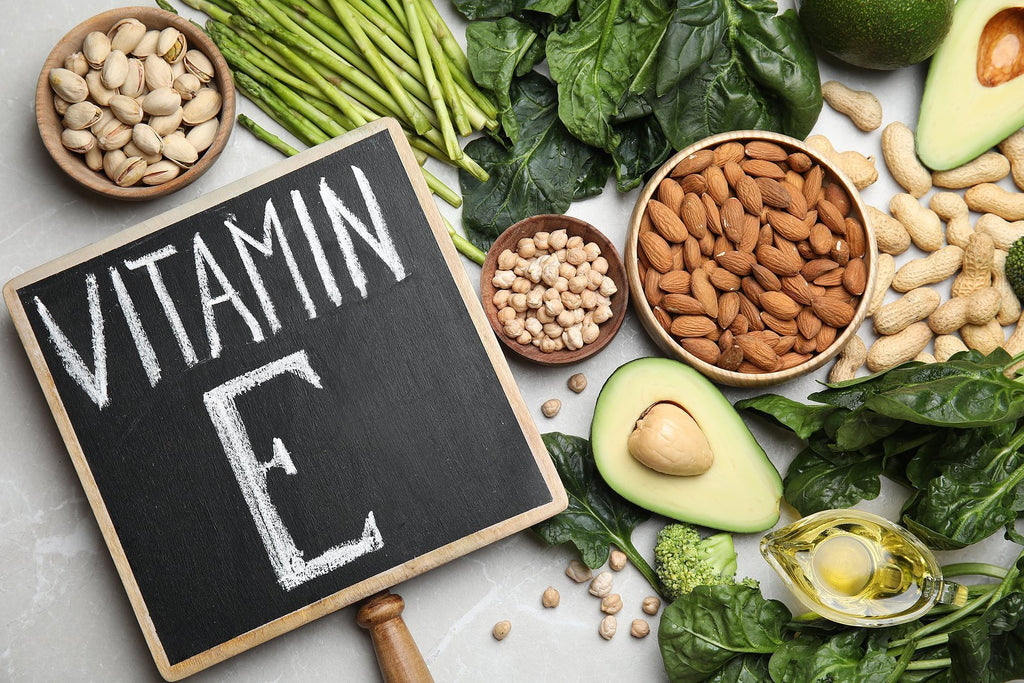Nightshade Vegetables: Harmful or Healthful?
Vegetables are extremely important for your health, but they’re not all created equal…
One category of vegetables, known as nightshades, are controversial because they can cause symptoms and health problems.
Some people can tolerate certain nightshade vegetables in moderation, while others need to avoid these same ones completely because of how their body functions.
If you’re new to this topic, I’ll spell this all out and tell you exactly what you should know.
What are Nightshade Vegetables?
Over 2,000 types of plants fall into the nightshade category. Most of these are so poisonous they’re inedible and have never been a part of our food supply.
However, the ones you can eat tend to cause low-level toxicity in humans, and if eaten in excess, have an accumulative effect similar to how poison acts on the body. As you can imagine, this is not good for your health.
The Most Commonly Eaten Nightshade Vegetables
It’s very likely you’re eating nightshades on a regular basis without even realizing it.
The most common ones include:
- Tomato
- Potato
- Bell, sweet and hot peppers
- Paprika & cayenne pepper
- Eggplant
- Okra
- Tomatillos
- Chewing tobacco
There are also some that are less common, but you should still be aware of. These include gooseberries, sorrel, ground cherries, and goji berries.
Warning Signs That Nightshades may be a Problem for you!
If your diet includes nightshades, you may want to consider how they could be affecting you, or worsening existing conditions. They could be problematic if you’re experiencing:
- Digestive issues (heartburn, bloating, irritable bowel)
- Skin problems (eczema, hives, rashes)
- Joint pain
- Unexplained fatigue
- Leaky gut syndrome (intestinal permeability)
- Autoimmune disorder(s)
How do Nightshades Cause so Much Trouble?
It’s just a vegetable, right? Well yes, but what sets nightshades apart from other plants we eat are the compounds they contain – lectins, saponins, and capsaicin.
Let’s look at how each of these compounds can affect the way you feel and function.
Lectins
These are proteins found in all plants – and even some animals. Only some lectins are harmful to your health – like the ones found in nightshades, as well as, grains, beans and legumes.
Harmful lectins bind to your healthy cells and make them dysfunctional. They damage your gut by literally tearing holes in the cells that protect the lining.
Tomatoes are perhaps the most dangerous member of the nightshade family! This is because the lectins in them are superstars at destroying the gut lining. Research has shown just how powerful of a toxin they are. One study showed how caterpillars, when faced with a tomato plant as their only food source, resorted to eating each other!
Of course, as humans we know better not to eat each other (phew!), but in all seriousness, you may want to evaluate tomato’s presence in your diet.
Saponins
Just like lectins, this natural plant compound serves as a defense mechanism for plants.
Their bitterness helps ward off predators, but in humans they can cause gut damage, intestinal permeability and trigger an immune response in your body.
Glycoalkaloids are a type of saponin found in nightshades and the one in tomatoes is known as alpha-tomatine. It is so good at exaggerating an immune response that it’s actually used in vaccines to rev up the immune system against the virus that the recipient is being inoculated for.
This is precisely why you may want to think twice before eating tomatoes too often.
Peppers, potatoes, and un-ripened tomatoes are all high in saponins and have these glycoalkaloids that can be disruptive.
The one in potatoes, called alpha-solanine, is known to irritate the gut and impair the nervous system. It has even been linked to birth defects like spina bifida.
Now, most people have been eating potatoes their entire lifetime and are surviving right? After all, french fries are an iconic American food! The point here is that potatoes aren’t healthy to begin with, and when you factor in those harmful nightshade compounds, you’re just much better off with other vegetable choices.
Capsaicin
This is the substance that gives peppers their heat. It’s true it can have health benefits, but it’s also detrimental to your gut and a big irritant to the skin, eyes and mucous membranes.
Healthy Nightshade Vegetable Substitutes
You can crowd out nightshades in your diet with these alternatives:
- Sweet potato or yam
- Cauliflower
- Celery
- Broccoli
- Radish
- Black/white pepper (not red)
- Low sugar fruits:
- Berries
- Apples
- Melon
- Citrus
The Nightshade Conclusion
Nightshades may be fine for most people to consume in moderation, but be aware of intolerance signs which would be any type of inflammatory response like digestive issues, joint pain, or skin problems.
If you already have an autoimmune disease or leaky gut, I’d suggest you eliminate nightshades entirely. They are just adding fuel to the fire!
Even if you don’t have the symptoms I discussed earlier, it’s a good idea to cut down on consuming nightshades. If you do eat them, you can reduce their lectin content to some degree by peeling and deseeding them (especially tomatoes) and then pressure cooking them.
Well, I hope this information has been helpful and has cleared up any confusion. Remember, symptoms are your body’s way of alerting you to a problem. Since your diet is often the root cause of health conditions, a good place to begin your detective work is with examining what you eat.
Learn more about the link between your gut condition and overall health here.
Sharing is caring
Know Your Body - Know Your Health






